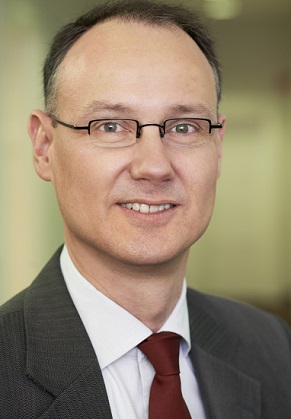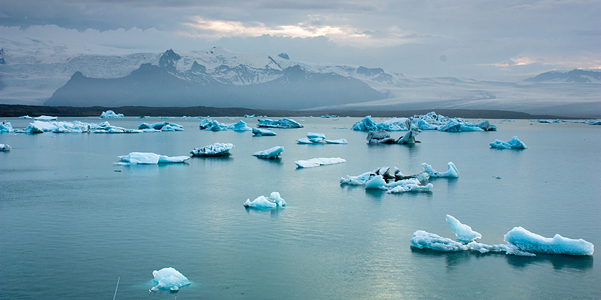According to the IPCC Fifth Assessment Report, temperatures are not rising as quickly as feared. Does this mean we have been given the all-clear?
Karsten Löffler: Sadly not. It is true that average temperatures have charted less of an increase over the past 15 years than in the second half of the 20th century. But that certainly doesn't mean that we've been given the all-clear: quite the opposite.
The oceans have heated up more, the glaciers have retreated more and the past 20 years have seen the sea level rise almost twice as fast than over the last 100 years.
More than 800 scientists who worked on the report agree: more than half of the global warming that has been observed since 1951 is "extremely likely" to have been man-made, making it the dominant cause of the observed warming. Although average temperatures have not risen as quickly as feared over a short-term period, each of the last three decades was warmer than any other decade since 1850.
One conclusion drawn by the scientists, in particular, should serve as a wake-up call to us: even if we could stop the emission of human-induced greenhouse gases completely today, the average global temperature would continue to rise for a very long time. There is a considerable risk of damage that we are now powerless to repair. So taking serious measures today to counteract these trends is a must, not only from an ecological, but also from an economic perspective.
What conclusions has Allianz drawn from the report as an insurer and investor?
Karsten Löffler: Climate change is affecting our customers and is also affecting us, as an insurer. We are witnessing an increase in the number of claims linked to extreme weather events, such as torrential rain or storm tides. These include cases of physical loss or damage, interruptions of operations, illness, etc.
We are also impacted in our capacity as an investor, e.g. due to climate regulation and the costs for the industries affected. At the same time, we are exploiting the opportunities for our customers resulting from the expansion of renewable energy in the form of sustainable insurance products or forest protection.

